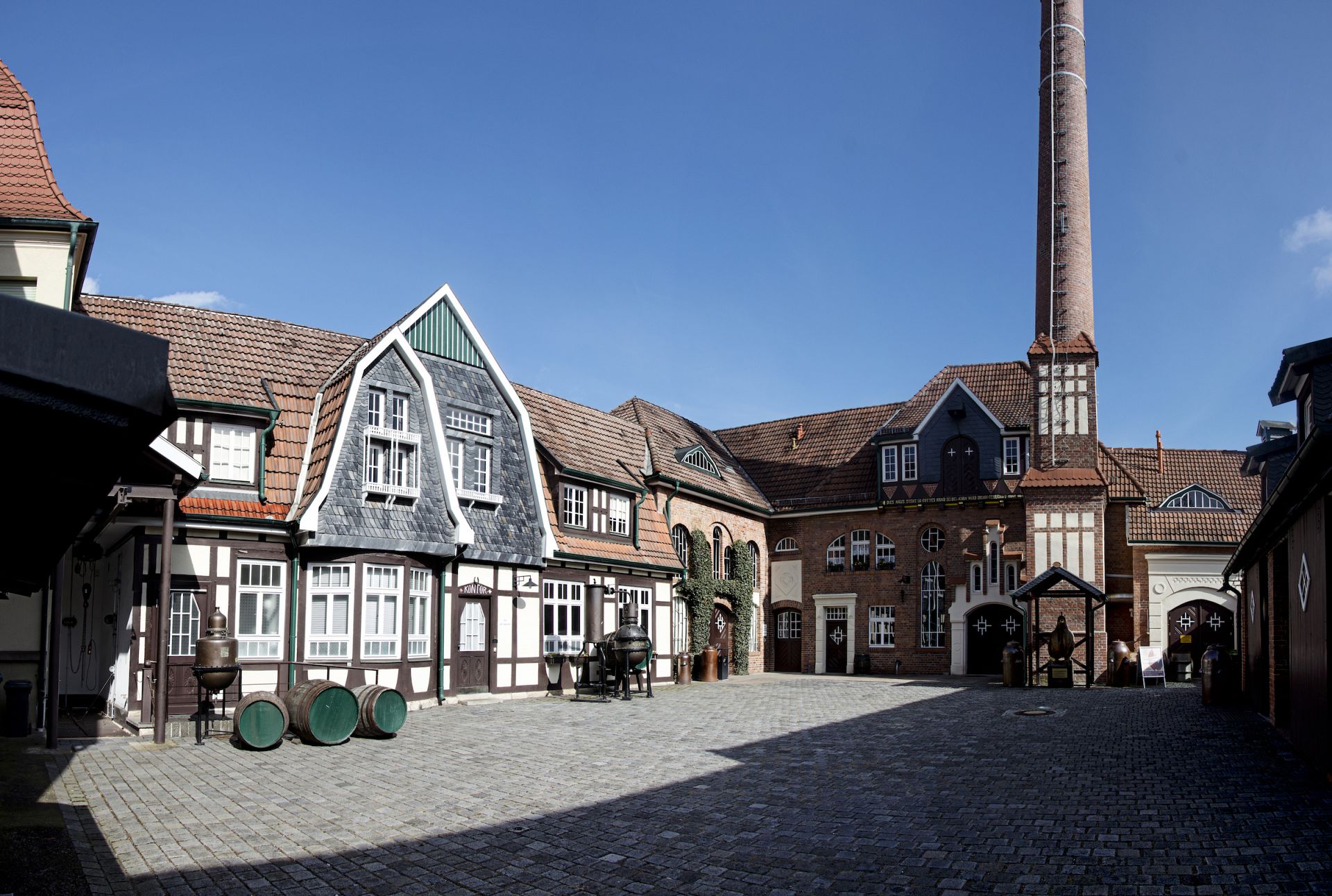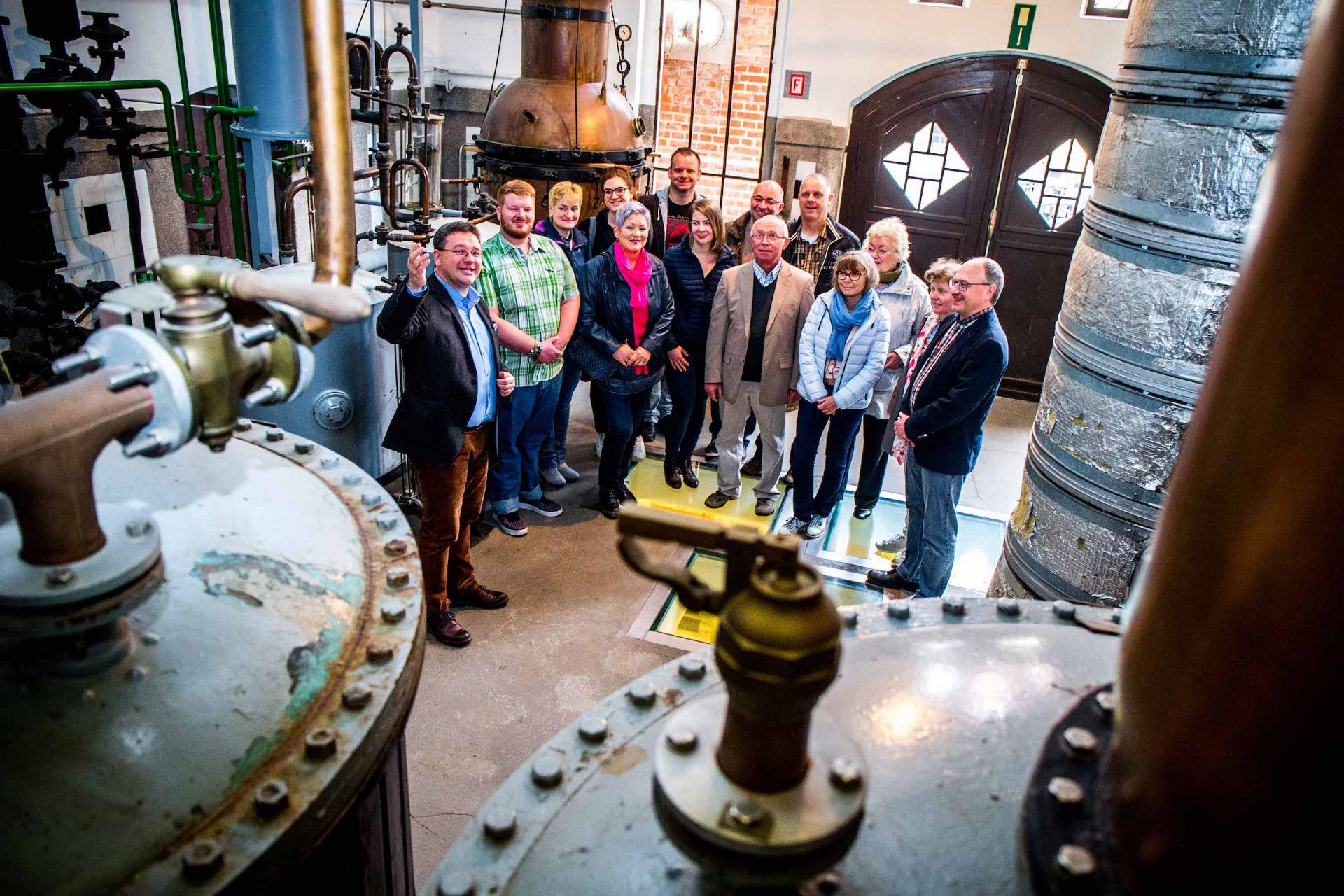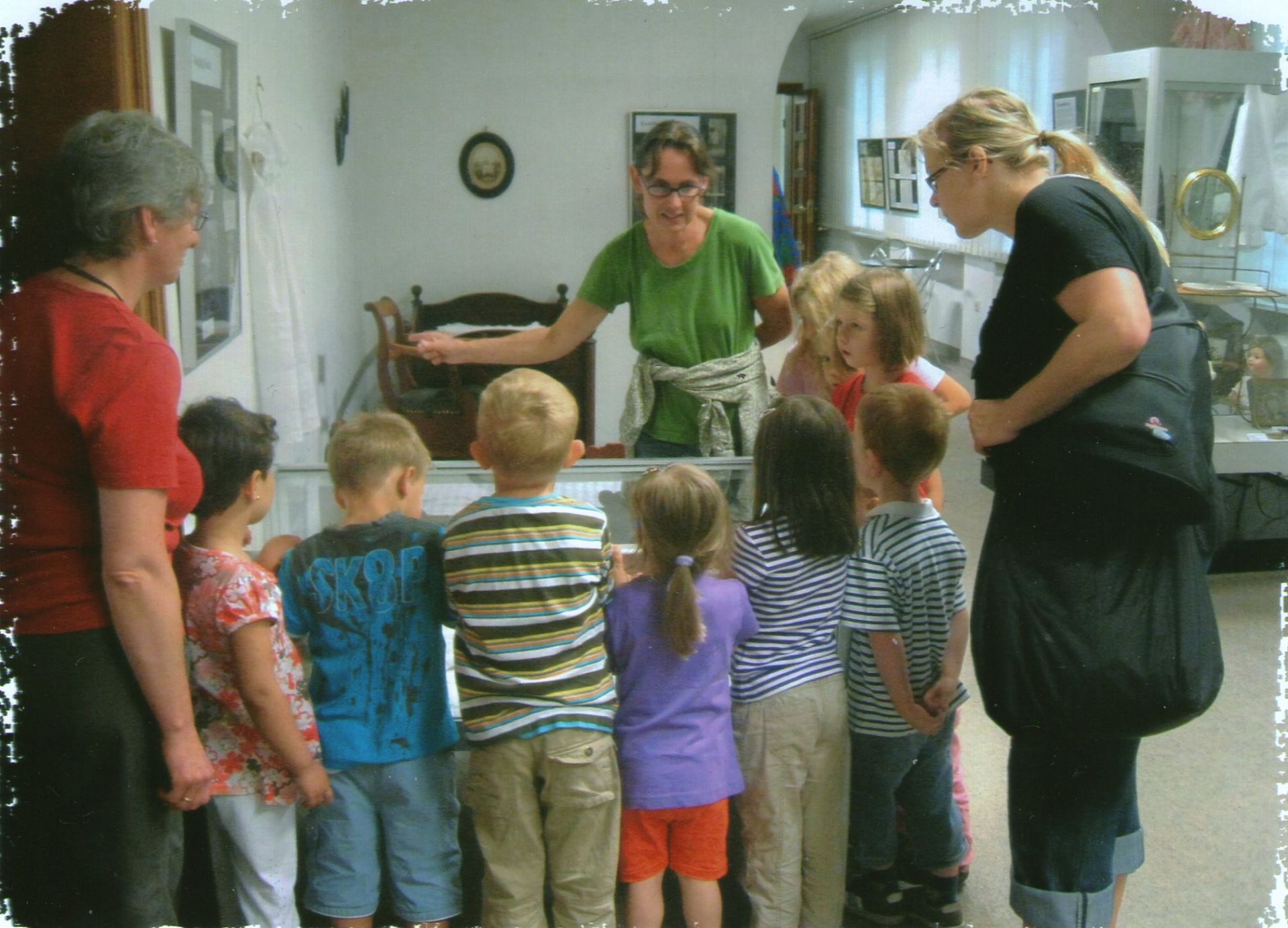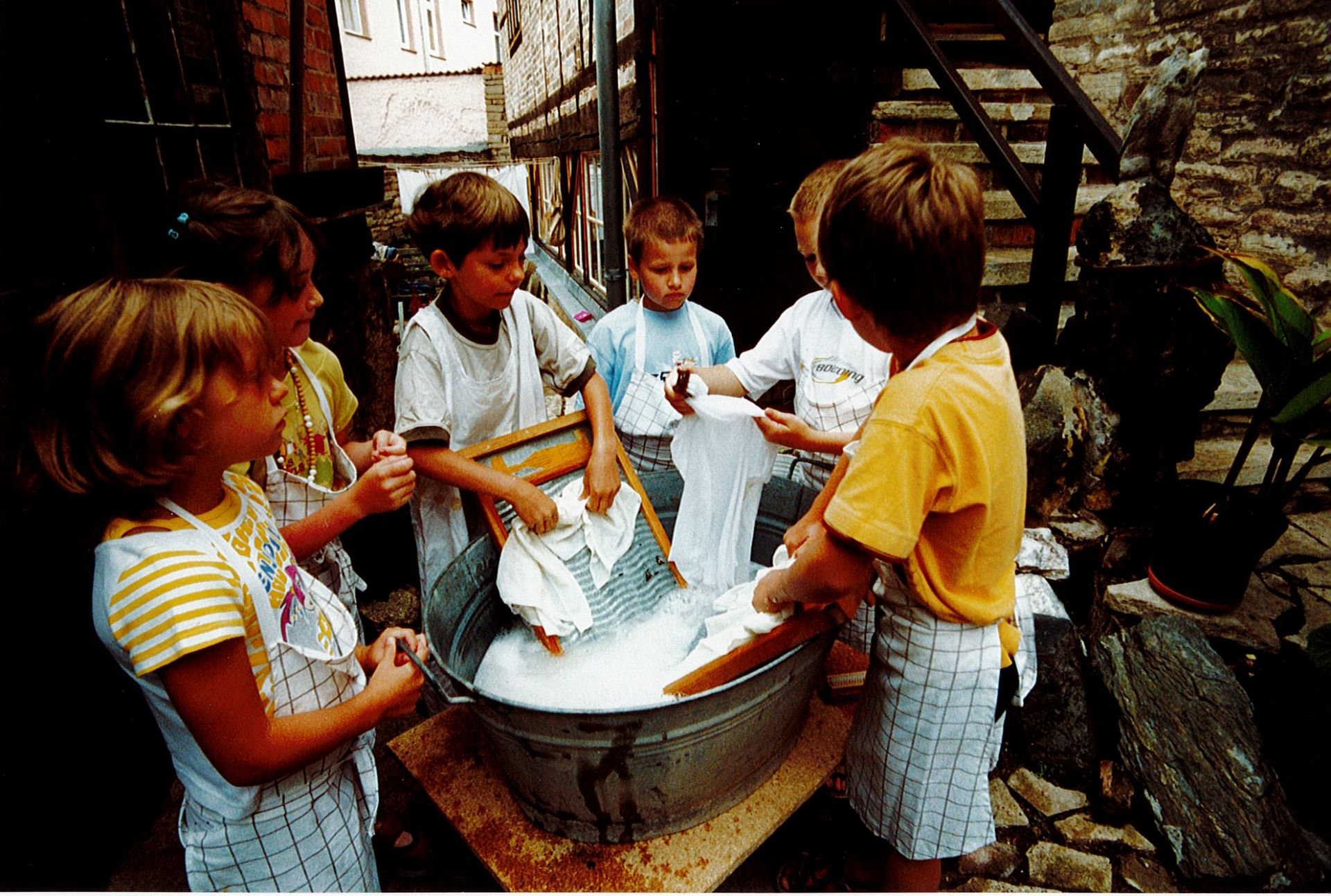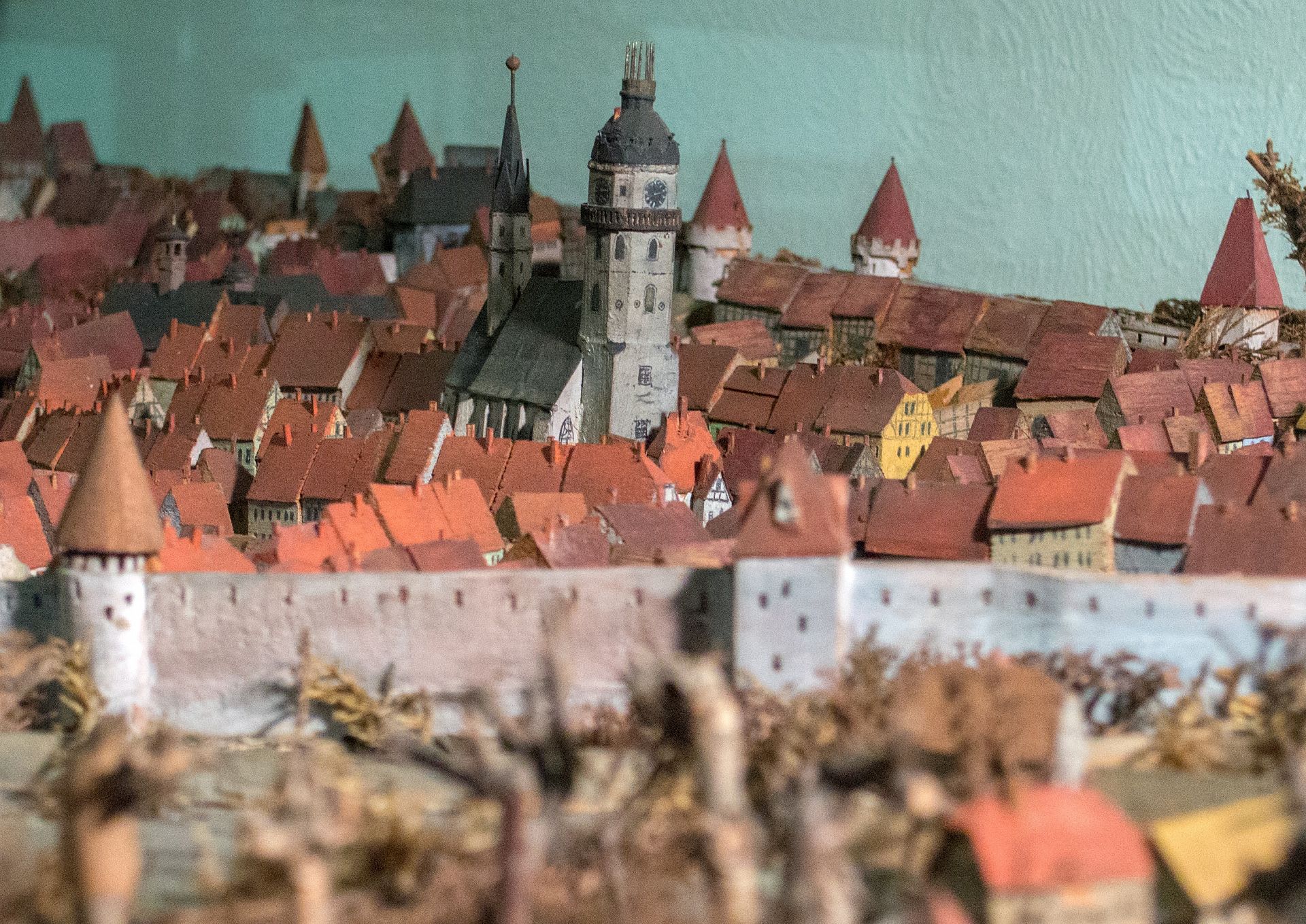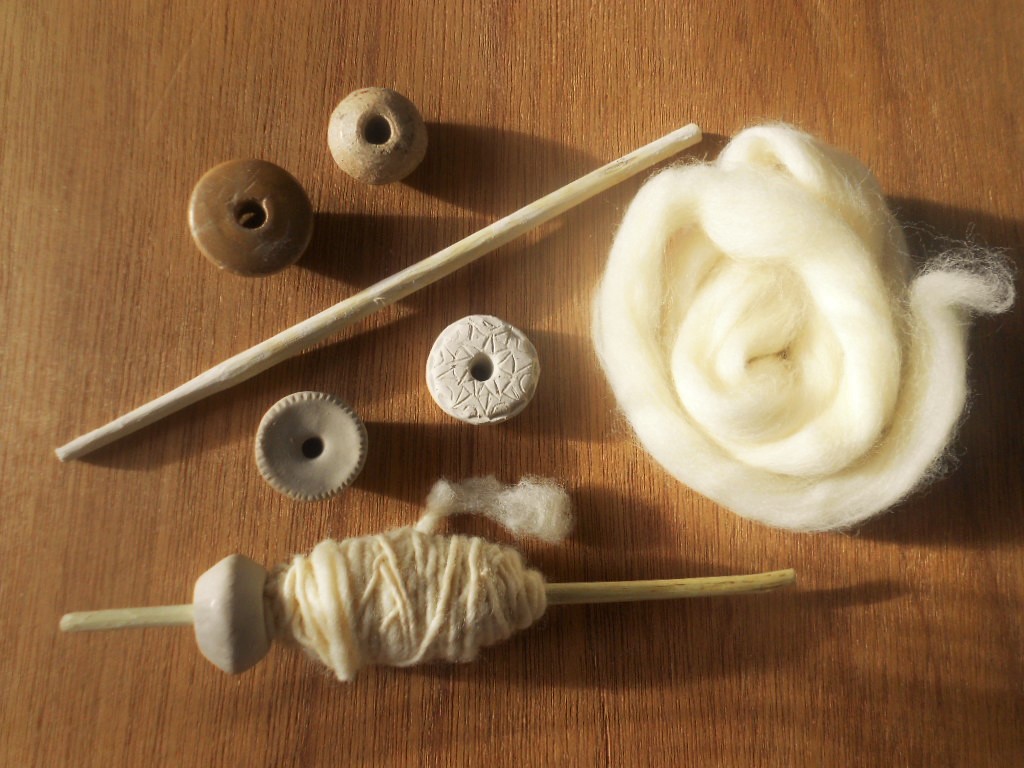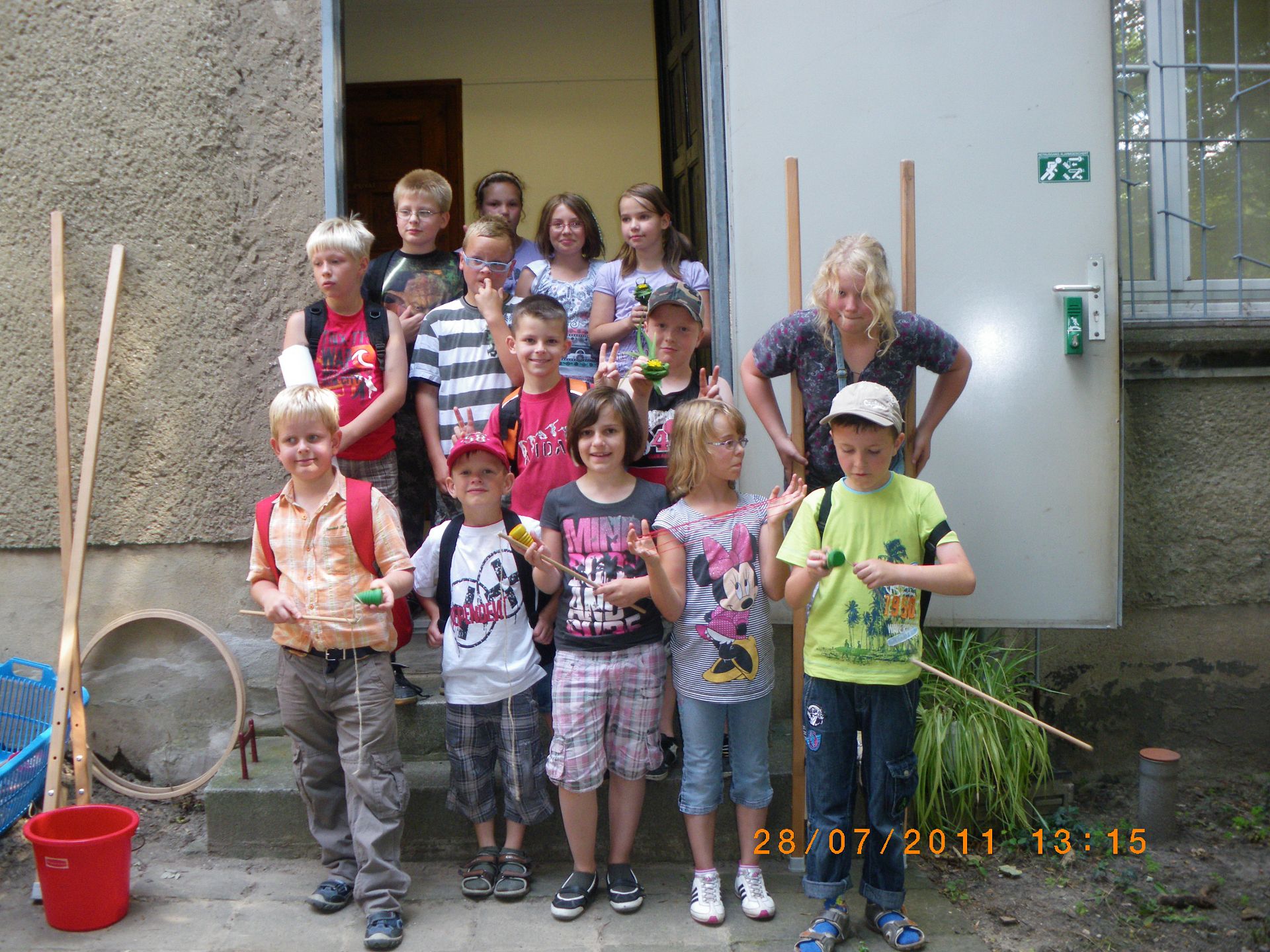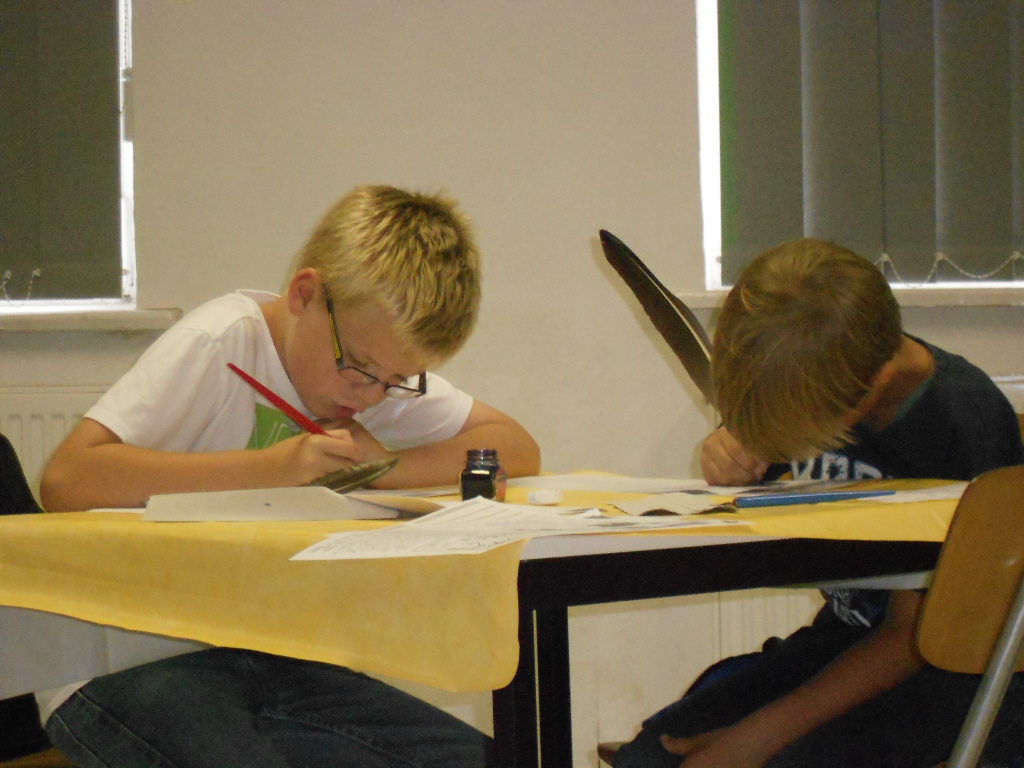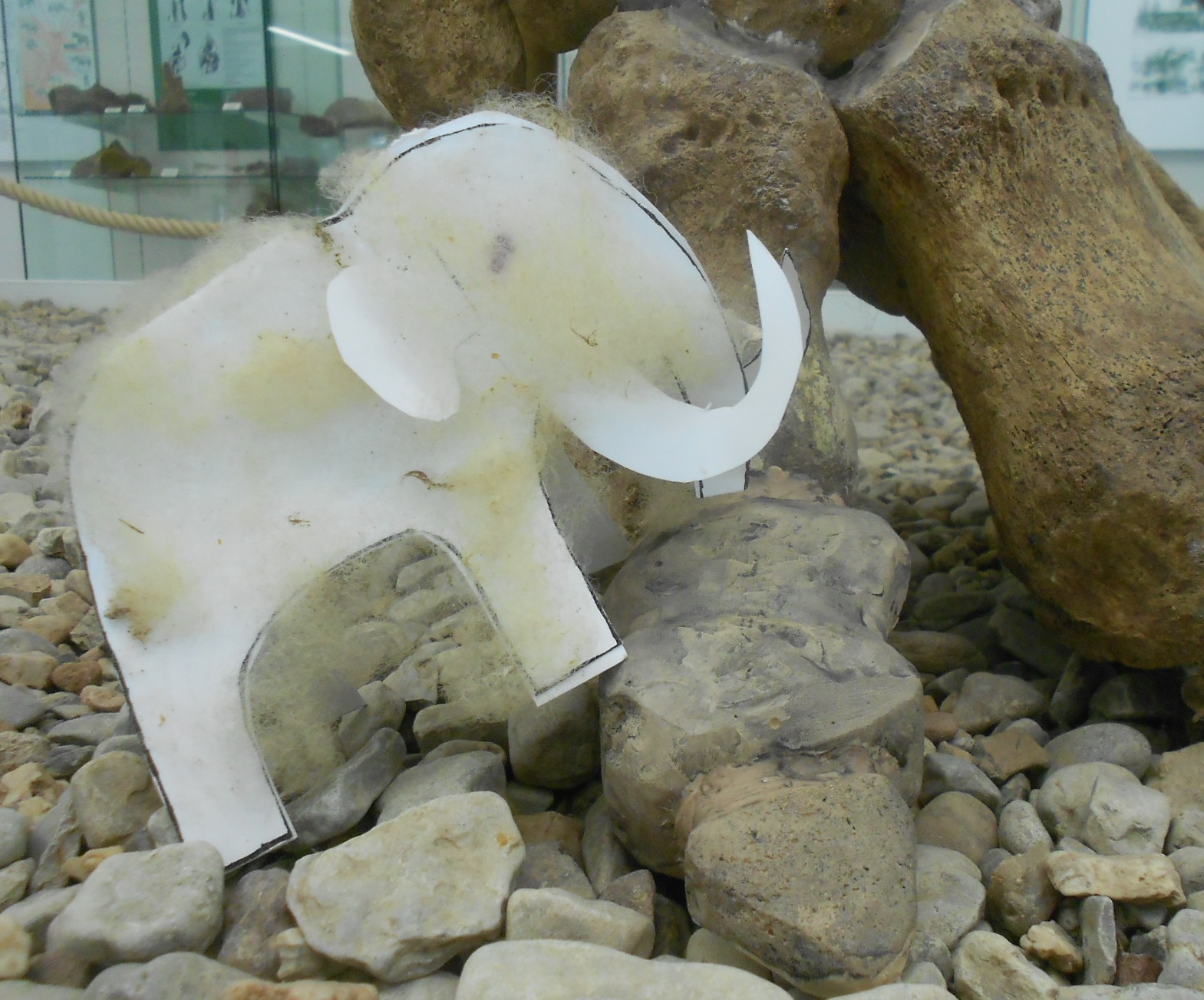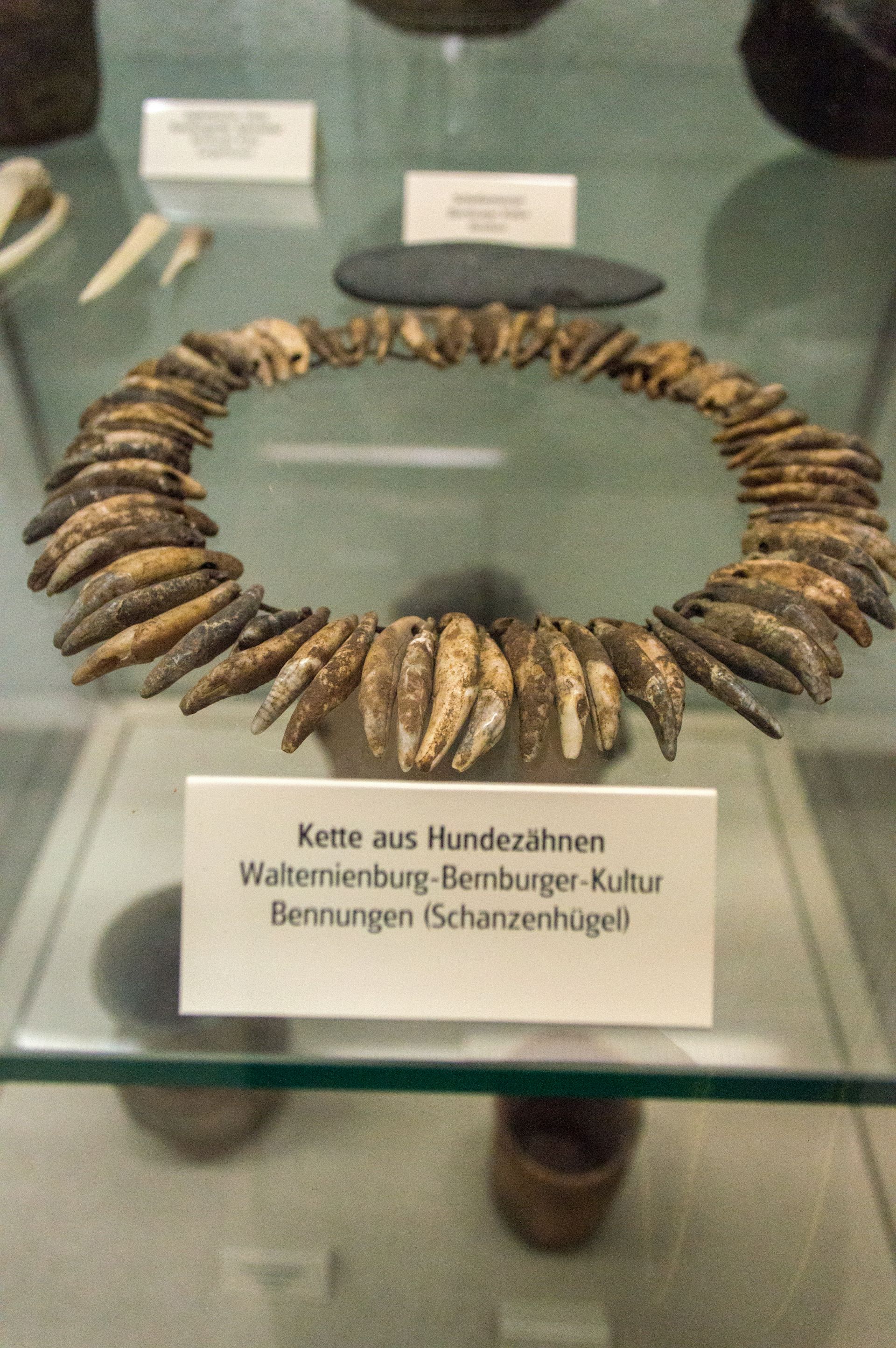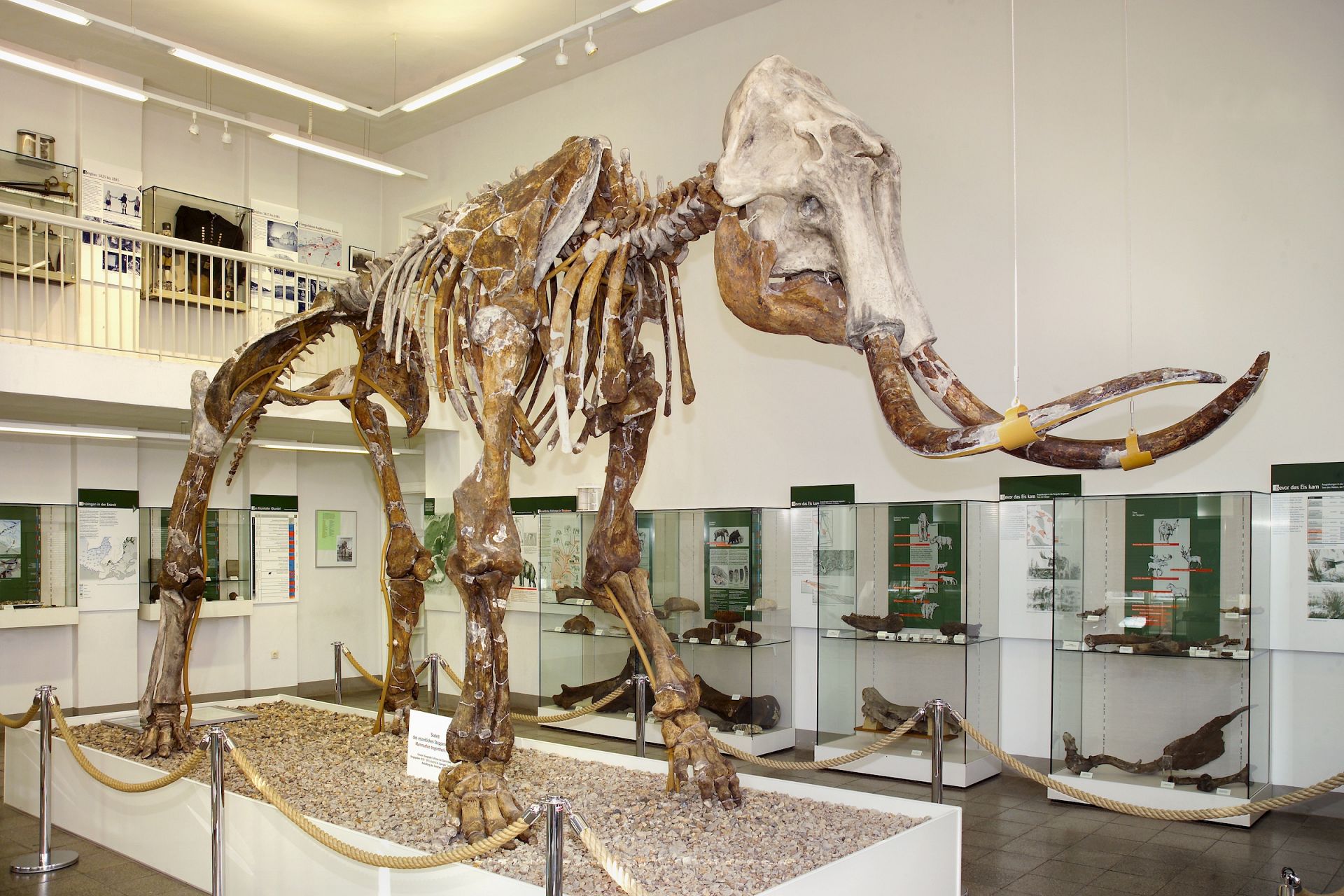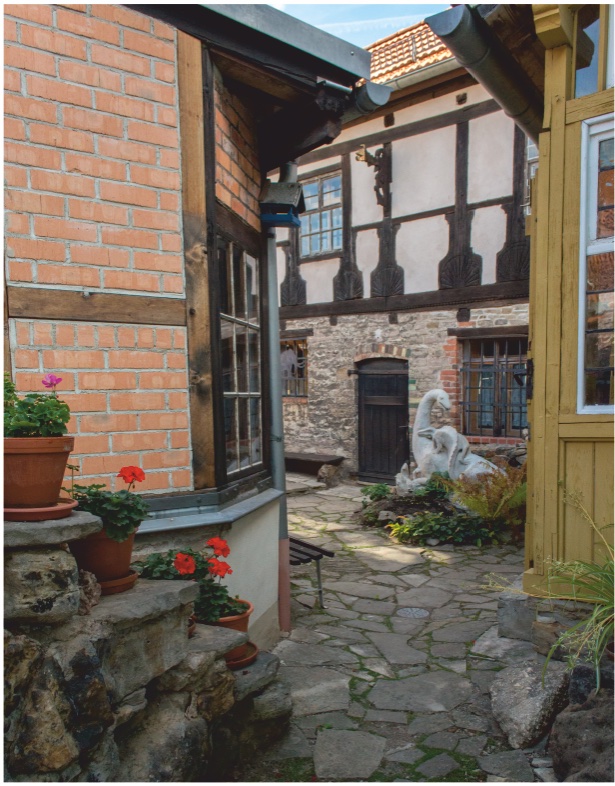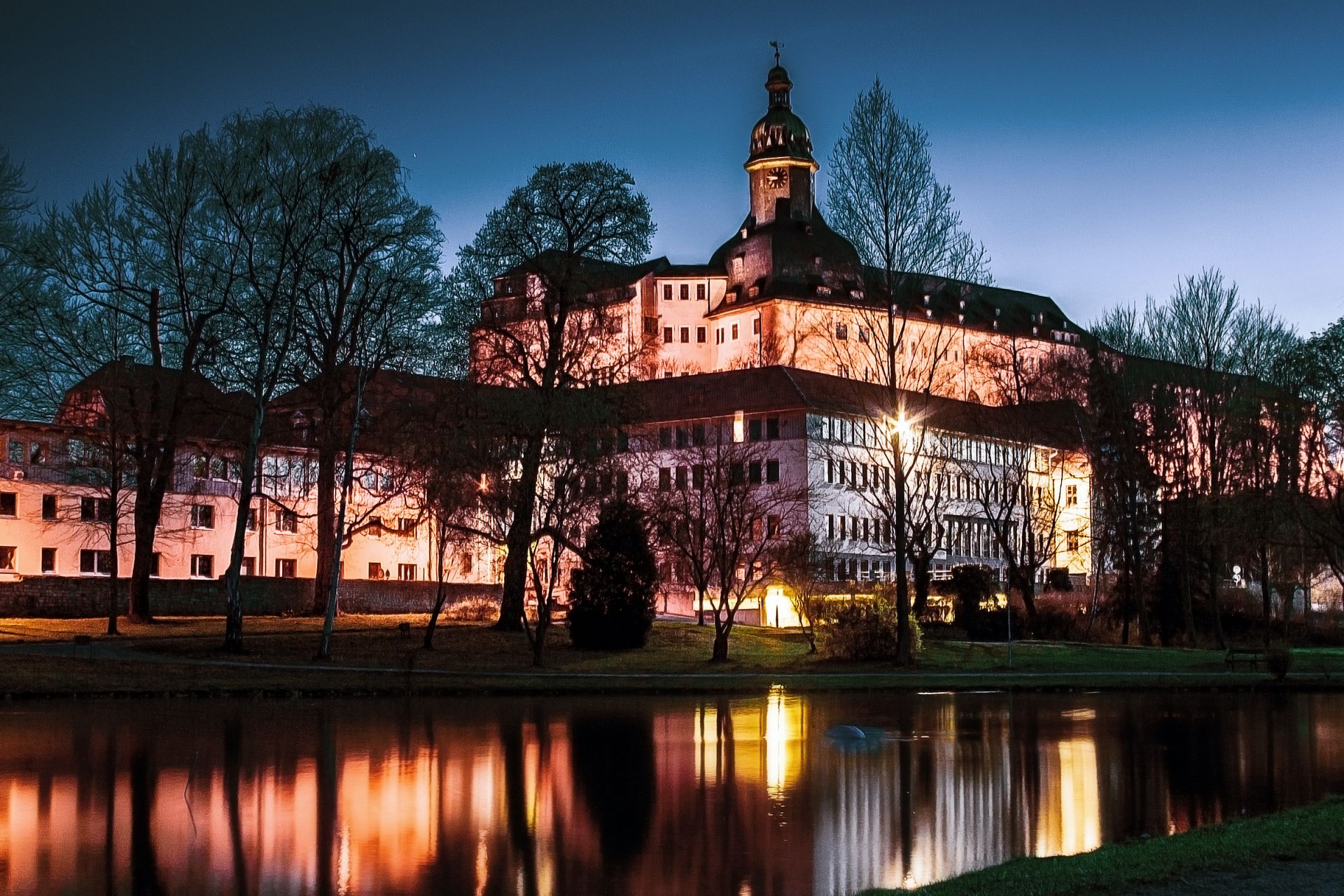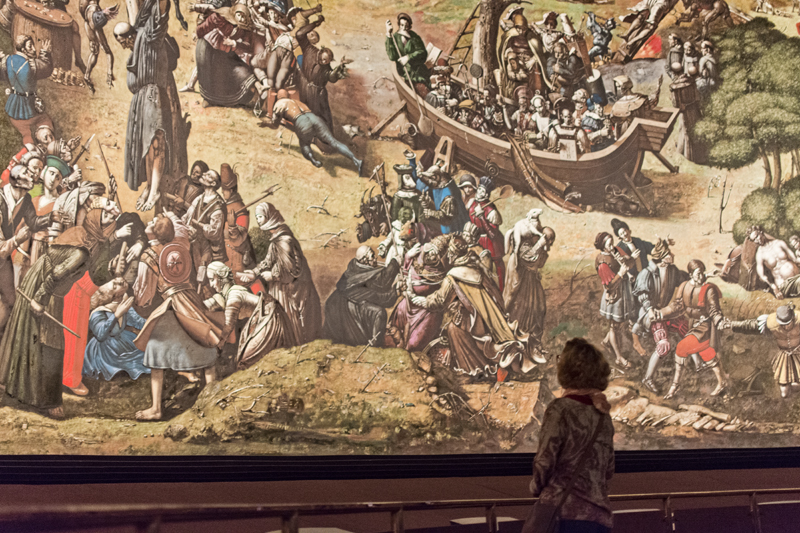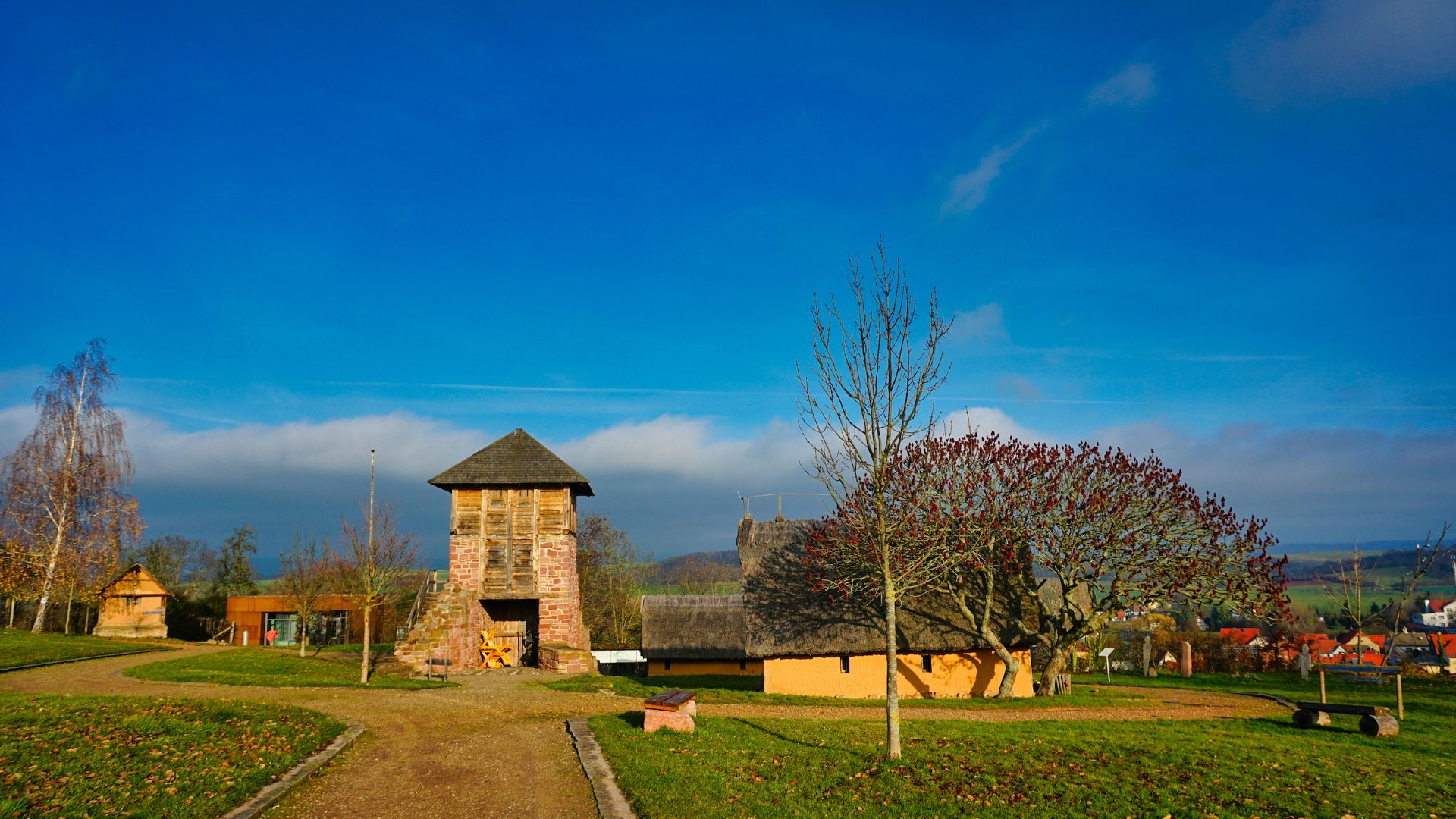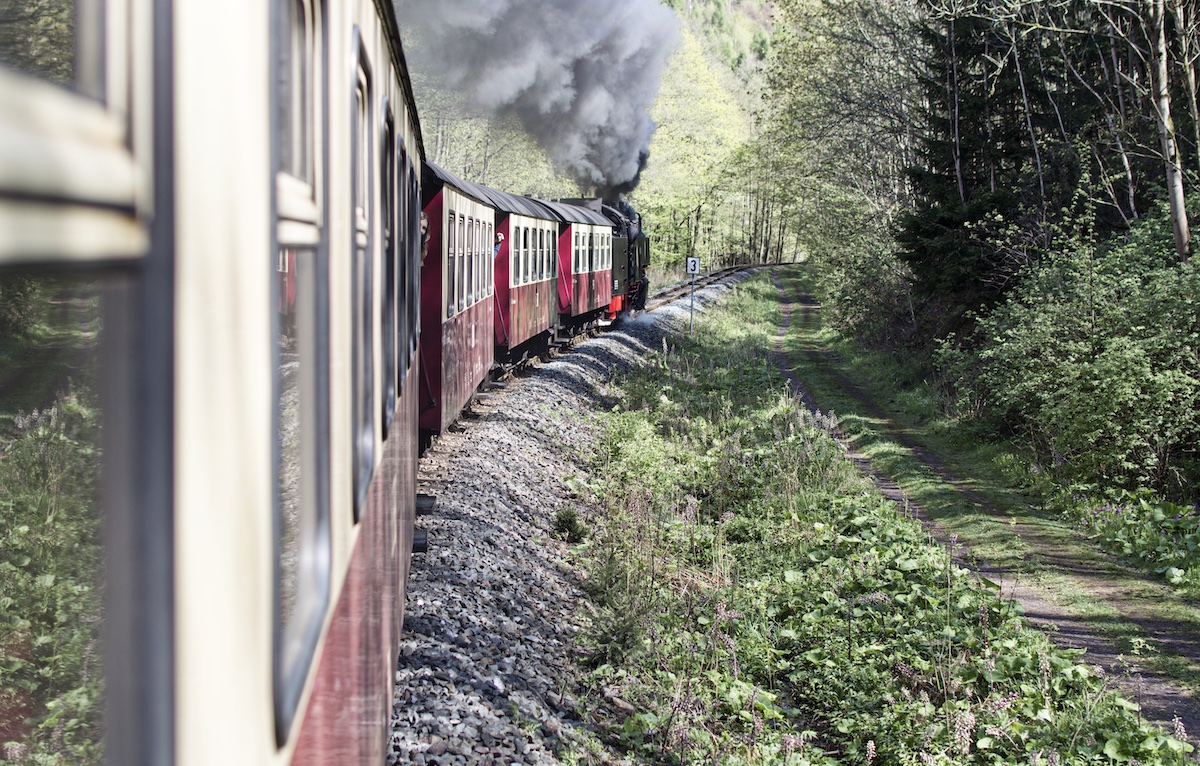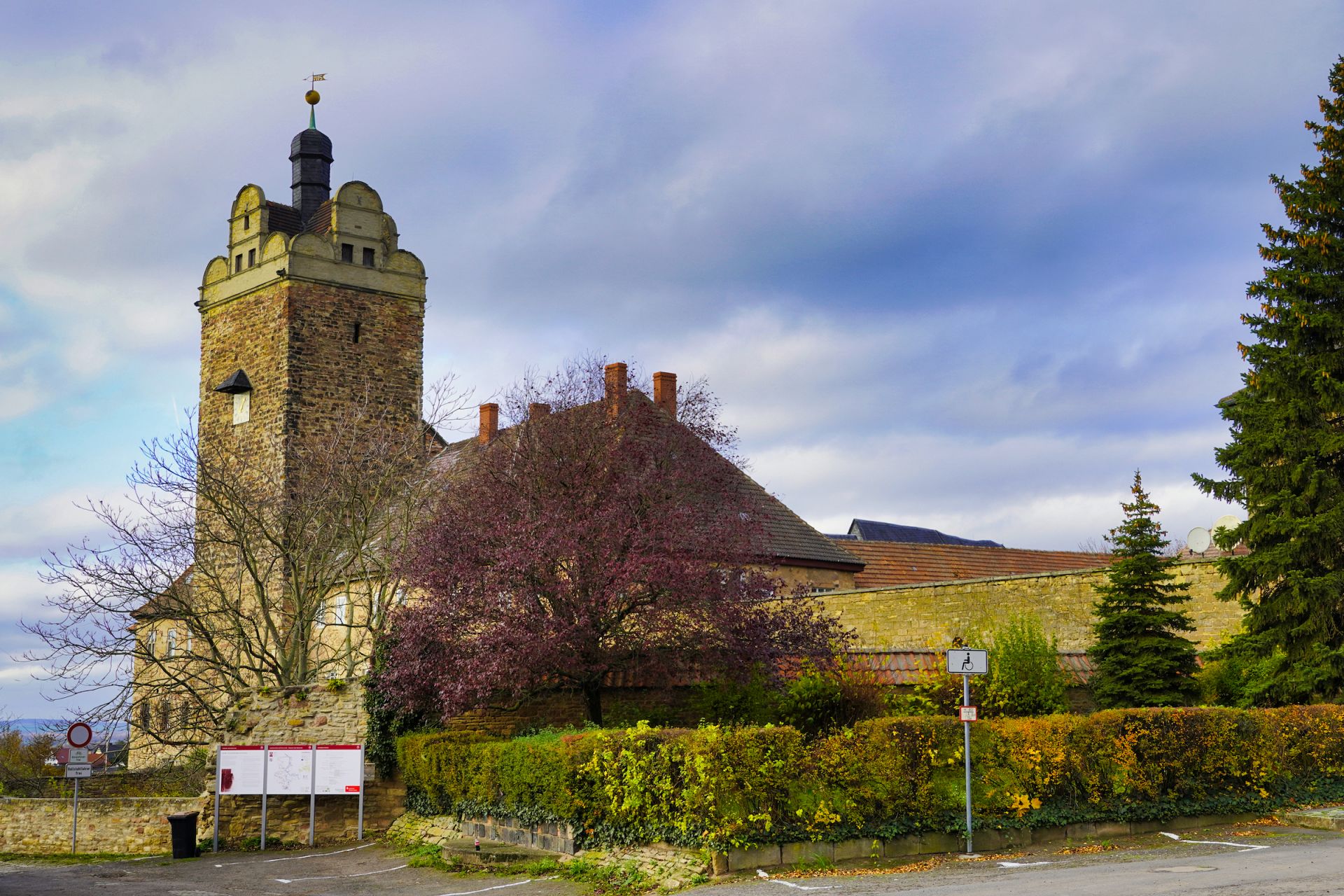Nordhäuser Traditional Distillery
"From grain to grain" - this is not only how Henriette pecks her way forward. This exciting story is also told by the Echter Nordhäuser Traditional Distillery - a unique museum where distilling still takes place. Like Henriette, the Nordbrand mascot, the people of Nordhausen have been choosing the "right" grain for their schnapps for over 500 years: rye. And that did not come about by chance. According to a fairy tale by the Thuringian poet Ludwig Bechstein, the devil himself - out of sheer boredom - invented schnapps and immediately taught the people of Nordhausen how to distil it. No matter who the master was, the people of Nordhausen learned quickly and diligently. As early as 1507, "distilled water" made it into the town's chronicles. The extraordinarily good taste of this high-proof spirit helped production to achieve lasting success. In the 18th century there were up to 100 grain distilleries in Nordhausen, which increasingly had to face the quality controls of the town. The coveted council seal was only awarded to first-class barrels. The Purity Law of 1789 stipulated that the grain could consist of two thirds rye and only one third barley or malt. To guarantee these standards, almost all distilleries joined together in 1904 to form the Nordhäuser Kornbranntwein-Fabriken association. The distillers survived the distilling ban and the destruction of the Second World War. In the GDR, VEB Nordbrand Nordhausen was the largest spirits producer in the country, even the largest grain distillery in Europe. Even today, Nordbrand is one of the largest distilleries on the continent. With a tour through history, the traditional distillery lures visitors to an original location - in 1907, master distiller Joseph Seidel set up his production in the listed art nouveau building. The heart of the museum is the distillery, where all the equipment is true to the original. Schnapps is still distilled here today, for example the house's gin specialities. Not only these, but many other aromatic liqueurs and well-ripened grain classics are available in the museum shop. During a guided tour, you will get an expert insight into the centuries-old processes, which are spiced up with amusing anecdotes and, of course, a glass or two. Cheers and cheers!
